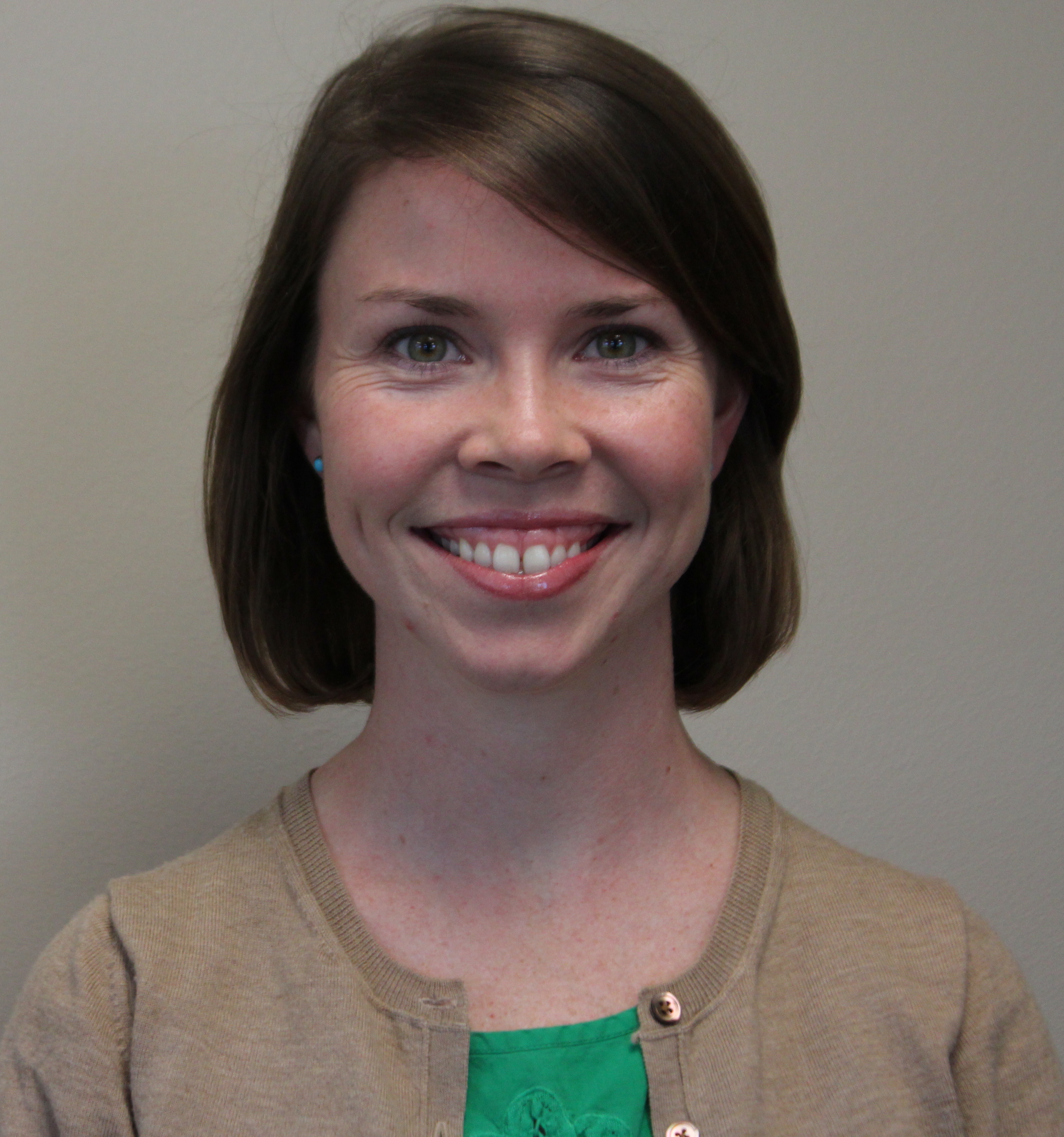Last week marked the end of Texas’ 83rd Legislative Session, which also marks the end of our fellows’ time here at the foundation. In her own words, Meagan tells us about her experience at Hogg and at the Capitol.
- Tell us a bit more about your background. How did you decide to get into mental health policy work? My education is in clinical social work but I’ve always been drawn to understand the larger system within which our state-run clinical programs operate. As anyone can quickly tell you, the system of mental health service delivery in Texas is complex at best (learn more by reading Hogg’s guide!). The opportunity to delve deeper into the intricacies of the system, and be part of the policy process to make it better, has been invaluable. There are so many committed stakeholders that work hard to ensure that Texans indeed have access to quality, recovery-focused mental health services. It’s inspiring!
- The foundation has had its eye on a number of bills that have ramifications for mental health in Texas. Can you give an example of an especially positive mental health-related development from the most recent legislative session? The 83rd Legislative Session was a positive one for mental health consumers and advocates. There was a renewed focus on the importance of building our state’s capacity to meet the mental health needs of Texans. National data has long indicated that Texas ranks last in spending on mental health per capita—a very troubling statistic. However, the budget bill — Senate Bill 1 — took a big step forward in investing in mental health. An additional $256 million was allocated for a myriad of projects over the next biennium, including: reducing wait lists at state hospitals, enhancing community mental health services, expanding the YES waiver, and supportive housing for mental health consumers, just to name a few.
- What have you learned from working with legislators and their staffs at the Capitol? As busy as they are, I learned that legislators and their staffs are eager to hear from constituents and advocates about the issues that matter most to them. At the beginning of session, I was hesitant to bother people, knowing that they must have hundreds of visitors every week. However, we were always welcomed warmly and openly because, truly, legislators rely on citizens and technical assistance from state resources like Hogg to help them understand the wide range of topics that are addressed in the course of a legislative session.
- Personally, what do you feel most proud of regarding your work during the session? I think I’m most proud of working collaboratively with a dedicated team of mental health advocates throughout the whole session. We didn’t always agree on every issue, but the group was great about meeting and communicating about the issues facing the mental health community. I think that, as a group, we were able to encourage a lot of positive change.
- The Capitol can be a physical and emotional grind. Did you find that to be the case, and if so, what helps you deal with it? There were definitely some long days (and nights) at the capitol! I think a good sense of humor and a bag stocked with the necessities — iPad, snacks, chapstick and a phone charger — are the critical pieces that keep any advocate going.
- What has been your favorite part of the fellowship? It would be hard to pick a favorite part of the fellowship—there are so many pieces that I’ve loved. The policy team at Hogg is fun and hard-working. The other fellows were an amazing group with whom to share the journey. Specific to policy, however, getting an up-close-and-personal view of how a bill becomes a law in Texas was an invaluable experience. People will often joke that no one likes to see how sausage is made. The legislative process is much like making sausage—messy, complicated and mostly unappetizing. Turns out, it is also fascinating. It’s really quite a feat for any single piece of legislation to make its way through the entire process to be signed by Gov. Perry by the 140th day of session. Over 6,000 bills were filed this year and, of those, only 1,437 have made it to the governor’s desk so far. Seeing the step-by-step process of how those relatively few bills become law was extremely interesting—kind of like a legislative soap opera!
- In what ways have you grown since you first started at the Hogg Foundation? At 8 ½ months pregnant, I’ve certainly grown in circumference. In seriousness, I’ve had the unique opportunity to build specific knowledge in mental health policy broadly, and more narrowly, in integrated health care. The fellowship has really felt like earning a second master’s degree. Only without the student loans!
- How do you plan on using what you learned during your fellowship in future work? The most important professional lesson I’ve learned through the fellowship has been the value of collaboration and relationship-building. Perhaps it’s a simple concept on its surface, but this was revealed 100 times over through the legislative process. No one person can take credit for anything that happens during a session. It takes the commitment of dedicated advocates, hard-working legislative staff, committed legislators, a host of state agency personnel and a lot of good luck to make things happen. Tending to relationships is vital to the eventual good work that can and does happen through legislative process.

